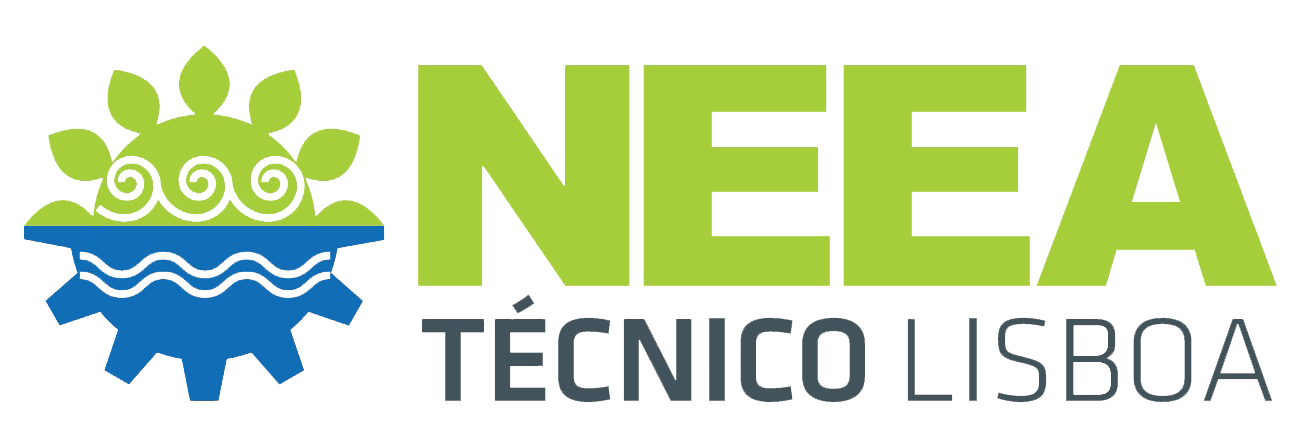
Programme Overview
Environmental Engineering looks at the existing environmental problems in society, namely those caused by the implementation of solutions given by other areas of Engineering. In a world where sustainability is on the agenda, the role of environmental engineers involves understanding what tools to use in order to lower the environmental impact and the ecological footprint of human activities while maintaining the efficiency of related processes. Thus, this field of Engineering operates in pollution planning and control, waste, effluent and gaseous pollutant treatment and environmental system management, while optimizing soil and land use.
Programme Structure
The 2nd Cycle in Environmental Engineering has a duration of 4 semesters (2 years), equivalent to 120 ECTS. The structure is depicted below.
-
1st year (ECTS)
-
45
-
15
-
-
2nd year (ECTS)
-
18
-
12
-
30
-
The curricula of the 1st and 2nd Cycle were reformed in the 2021/2022 academic year, following Decree-Law 65/2018 and the implementation of a new teaching model and pedagogical practices. The MSc in Environmental Engineering derives from the former Integrated MSc in Environmental Engineering.
-
Core Structure (63 ECTS)
The MSc Environmental Engineering (Major) allows the student to increase the capabilities and knowledge acquired in the 1st Cycle, introducing fields of knowledge as diverse as Circular Economy, Environmental Policy and Management, Territory, Water Sanitation and Treatment, Air Quality, among others.
-
Free options (27 ECTS)
Part of the curriculum is of fully free choice, i.e., students may choose subjects not only in Environmental areas, but also in any other scientific field offered by Técnico.
This component includes the possibility of taking a Minor – a number of multidisciplinary courses – which corresponds to 18 ECTS. The offer cuts across all programmes taught at Técnico.
Extra-curricular activities may also be credited, to a maximum of 6 ECTS.
-
Dissertation (30 ECTS)
The dissertation is the final assignment of the study cycle, which allows students to focus and specialise on a specific subject that may take any of these formats:
- Scientific thesis
- Internship at a company
- Capstone project
Target Audience
The MSc in Environmental Engineering is addressed to graduates in areas associated with Engineering, Sustainability, Ecology and related areas.
The programme is taught in Portuguese however may there be international or mobility students enrolled, the curricular units will be taught in English.
Career Opportunities
Técnico MSc graduates in Environmental Engineering are prepared to pursue a career in agencies related to the Environment, ministries, municipal city halls, consulting companies, industries, research and development and may work in:
- environmental problem analysis and solution;
- natural resource management;
- integrated planning and control of pollution, including waste, effluent and gaseous pollutant treatment;
- management of environmental systems oriented to problem solving through the optimization of soil and land use in order to lower the magnitude of negative environmental impacts;
- Consultancy, leadership, supervision and management;
- Vocational training and teaching.
Facts & Figures
Source: Técnico Employability Observatory | Data for 2016/17 academic year.
Entry requirements
To apply for a 2nd Cycle at Técnico you should:
- hold a 1st cycle degree in Science and Technology (except in the case of the 2nd cycle in Architecture, which requires a 1st cycle degree in Architecture);
- hold an academic, scientific or professional curriculum that certifies their ability to do the MSc programme which they apply for.
Candidates are selected according to these criteria:
- affinity between the degree they hold and the programme they apply for;
- type of degree they hold;
- academic success in the programme they attended.
Note: if requested, we may appreciate the academic, scientific or professional curriculum and the candidate’s performance during the interview.
Students' Organisations

Técnico students autonomously and proactively stimulate projects that complement their academic background. For example, the Students’ Organisations provide them with skills and added value making them more competitive in the labour market.
The Environmental Engineering Students’ Organisation (NEEA) is the main structure of Environmental Engineering students, which promotes:
- Study visits and workshops
- Leisure, sports and leisure activities
- A repository of study material
- Talks with alumni
- Summer internships within the context of Técnico Summer Internships
- The organization of Environmental Engineering meetings and seminars

